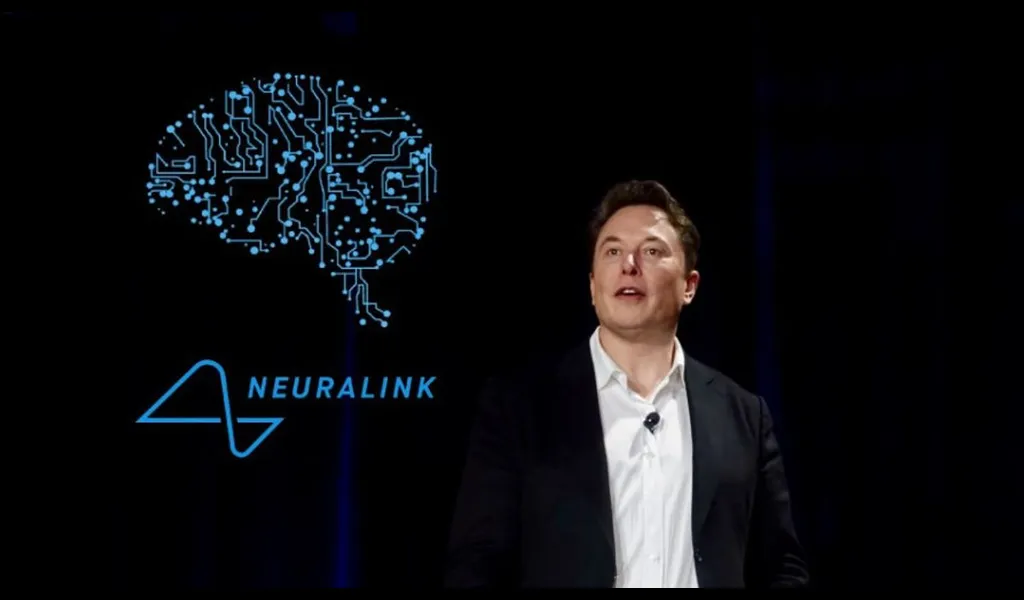Tech
Elon Musk’s Neuralink Secures Approval For Human Trial In Paralysis Patients

(CTN News) – Neuralink, Elon Musk’s venture focused on brain-implant technology, announced that it has secured the green light from an independent review board to commence the recruitment of participants for its inaugural human trial.
In this groundbreaking endeavor, the company is actively seeking individuals with paralysis to participate in a comprehensive six-year investigation, during which they will assess the performance of their innovative experimental device.
Neuralink: Advancing Brain-Machine Interface Technology
Neuralink is a neurotechnology company founded by Elon Musk. Its primary goal is to develop and advance brain-machine interface (BMI) technology. Here are some key points about Neuralink:
- Purpose: Neuralink aims to create a direct interface between the human brain and computers or other external devices. The ultimate goal is to enable communication between the brain and technology to address various medical and cognitive issues.
- Applications: The technology has the potential to help people with neurological conditions, such as paralysis, by allowing them to control computers or prosthetic limbs with their thoughts. It could also lead to advancements in understanding and treating various brain disorders.
- Progress: As of my last knowledge update in September 2021, Neuralink had made significant progress in animal testing and had even implanted brain-machine interfaces into pigs. However, it’s essential to check the latest news and developments since the company’s work is ongoing.
- Challenges: Developing a reliable and safe BMI system is a complex challenge that involves issues related to biocompatibility, data transfer speed, and long-term stability. Neuralink is actively working on addressing these challenges.
- Public Perception: Neuralink has generated both excitement and concern. Some view it as a groundbreaking technology with the potential to enhance human capabilities, while others have raised ethical and privacy concerns about brain data and invasive procedures.
- Regulation: As the technology evolves, it will likely face regulatory scrutiny to ensure its safety and ethical use.
FDA’s Initial Setback and Subsequent Approval for Neuralink’s Clinical Studies
Last year, Neuralink faced a setback when the Food and Drug Administration (FDA) declined its request for expedited human trials.
However, in May, the FDA granted Neuralink an investigational device exemption (IDE), allowing the company to use its device for clinical studies.
The specifics of how the FDA’s initial concerns were resolved have not been disclosed.
Neuralink is actively seeking patients with quadriplegia resulting from vertical spinal cord injuries or ALS (Amyotrophic Lateral Sclerosis) to participate in their research.
These participants will undergo a surgical procedure to implant a Brain-Computer Interface (BCI) in the brain’s movement control region, with the ultimate aim of enabling them to control a computer cursor or keyboard using their thoughts.
Challenges and Controversies Surrounding Neuralink’s Human Trial
The study’s primary objectives are to assess the safety and functionality of this cutting-edge technology, as stated in an official announcement.
The recent announcement by Neuralink follows the regulatory approval they received for their trial. However, the company’s previous animal testing has come under scrutiny following reports of unnecessary suffering.
Former employees have described these tests as substandard, with one instance involving the improper placement of the device in pigs, leading to their euthanasia.
These allegations have prompted multiple investigations, including inquiries by the Department of Agriculture regarding animal abuse and the Department of Transportation concerning the mishandling of biohazardous materials across state borders.
Neuralink has not provided immediate responses to inquiries regarding the timing and location of the trial or the number of participants involved. Even if their device proves to be safe for human use, it may still take several decades before it receives clearance for use beyond the trial’s scope.




























